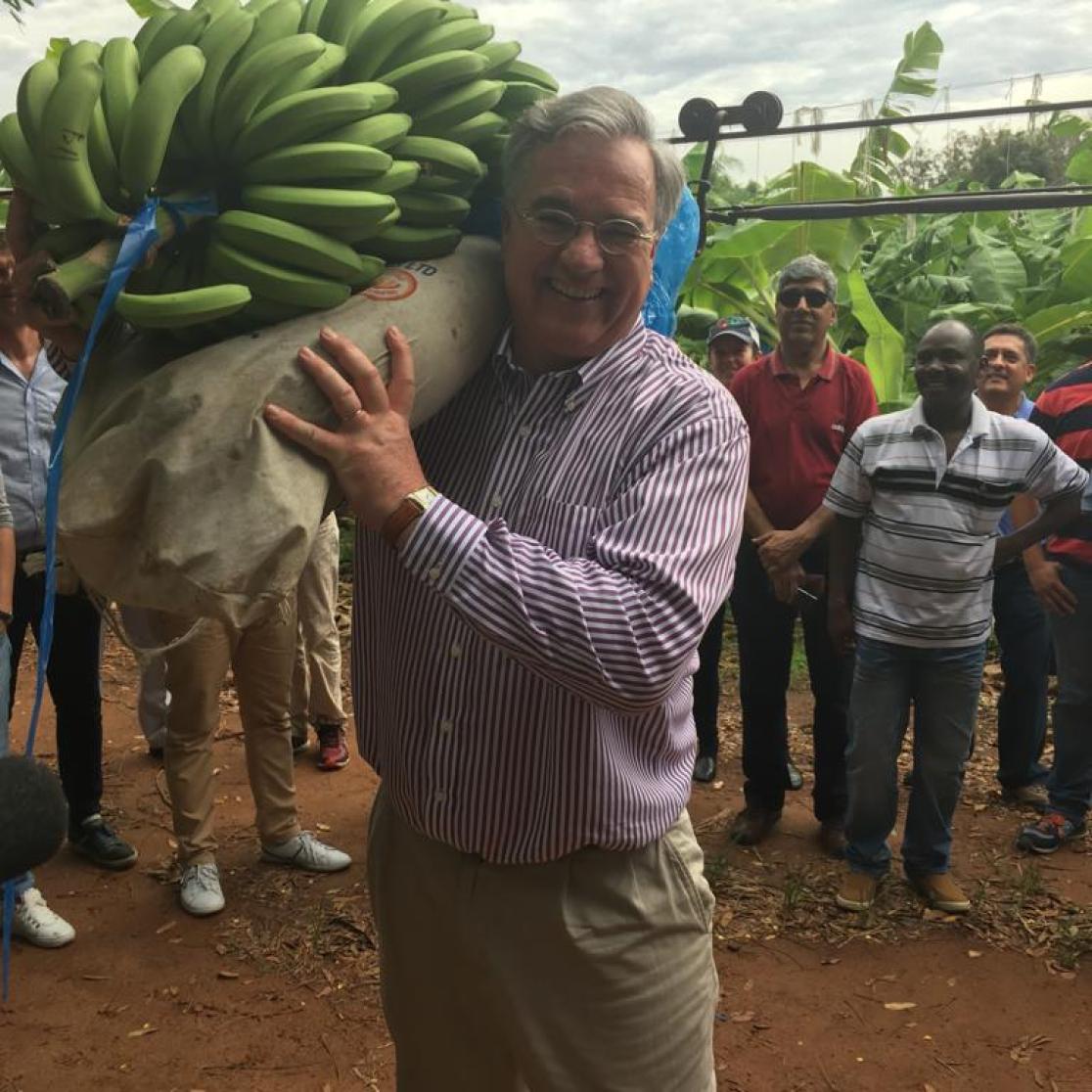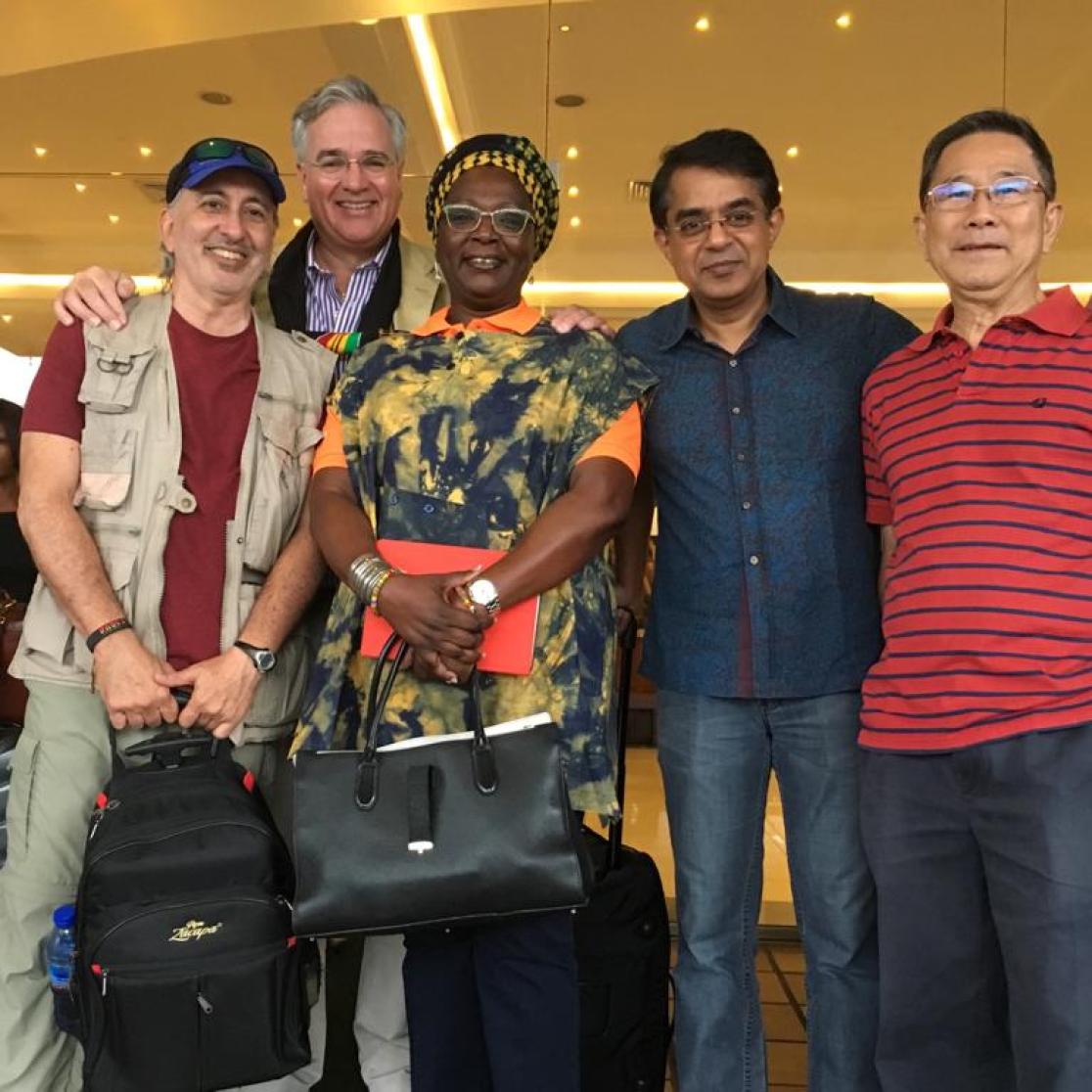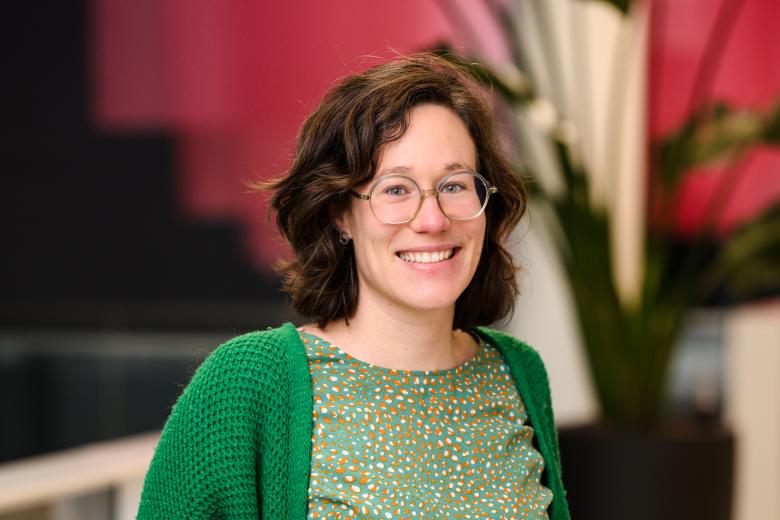Building the Bridge Between Academia and the “Outside” World: The Creation of the Fair & Smart Data Spearhead
External partnerships and Action Research are exceptions rather than rules within university walls. Which in our case raises the question: How did the Maastricht University School of Business and Economics (SBE) spearhead, Fair & Smart Data, come to exist and combine these aspects?
We asked Ton Geurts, one of the founding fathers of FSD and Business Director of Brightlands Institute for Supply Chain Innovation (BISCI), to walk us through the process that resulted in the spearhead known as Fair & Smart Data.
After eight years of experience on Solidaridad’s Supervisory Board, it was clear to Ton Geurts where the bottlenecks lay in the international commodity market. At the same time, he recognised that data management and digitisation offered opportunities to increase value for smallholder farmers in the Global South. How these insights could be utilised is what concerned him. The idea trickled down to Dominik Mahr and Grant Davis (Head of Department MSCM and Program Director of the GHG Ecosystem of BISCI, respectively) when the trio started brainstorming ways to integrate a spearhead under the Marketing & Supply Chain Management department (MSCM). The involvement of Bart Vos (Scientific Director of BISCI) led to the spearhead’s name “Fair & Smart Data”.

Dominik suggested third-party involvement to create a unique business school proposition for the spearhead call. Ton started exploring collaboration opportunities for FSD with Jelmer van de Mortel from Rabobank. As Head of Acorn, he leads a direct trade platform that allows companies and consumers to offset their emissions through agroforestry on smallholder farms without intermediaries. As there is no coincidence in life, Acorn already collaborated with Solidaridad, and both joined the FSD Spearhead.
The committed contribution of the Data Analytics and Digitalisation Department (DAD), the Maastricht Sustainability Institute (MSI) and the Maastricht School of Management (MSM) further strengthened the proposal, providing an interdisciplinary perspective to the collaboration. The SBE board was convinced and awarded five-year funding for the FSD Spearhead.
With former Maastricht Sustainability Institute director Ron Cörvers, a programme leader was appointed with experience in running an interdisciplinary institute with collaboration between different disciplines and stakeholders.

FSD manoeuvres on the boundary of sustainable development, digitalisation and global value chains, balancing output-driven partners and academia. The spearhead acts as a networking organisation, stimulating action research and increasing social impact. Bi-weekly meetings keep stakeholders informed and encourage discussion and collaboration among a growing group of involved academics and societal actors.
Also read
-
Aurélie Carlier receives Athena Award
Aurélie Carlier receives the Athena Award. This award is for exceptional female researchers who serve as role models through their successful scientific careers.
-
Despite a less tight labour market no end to shortages in healthcare, education, and tech
Interesting new findings in the report 'The Labour Market by Education and Occupation until 2030' from the Research Centre for Education and the Labour Market (ROA) at Maastricht University.
-
Protecting children’s rights in non-existent states
What happens to the universal rights of a child when their home is a “de-facto” state—a political entity that has all the hallmarks of nationhood, yet is not officially recognised? And who bears legal and moral responsibility for these children when war breaks out? These issues lie at the heart of the...